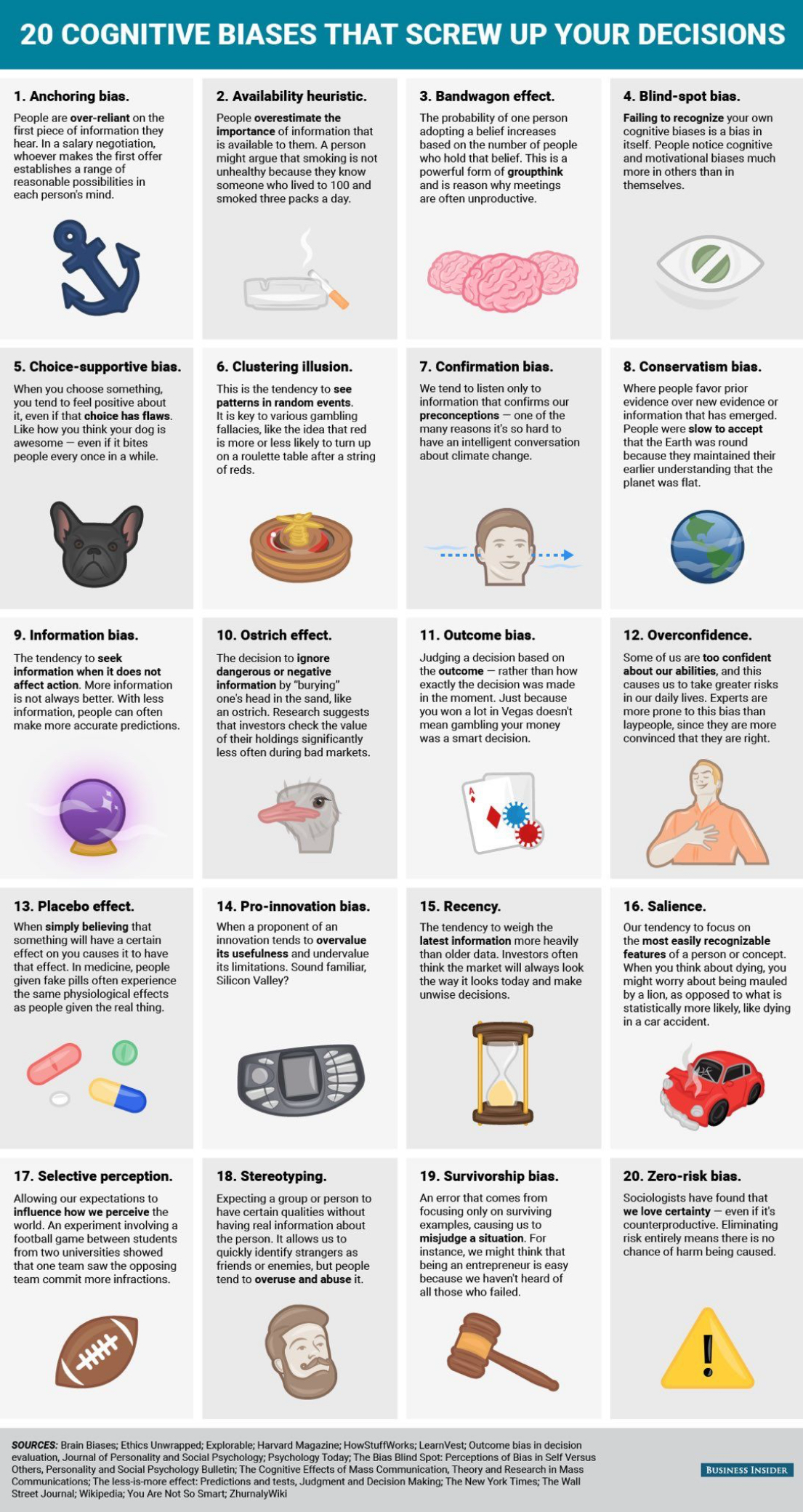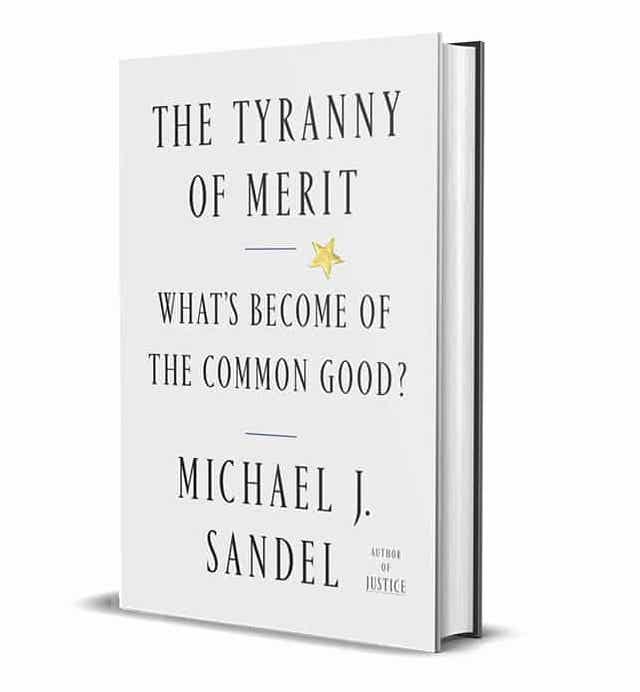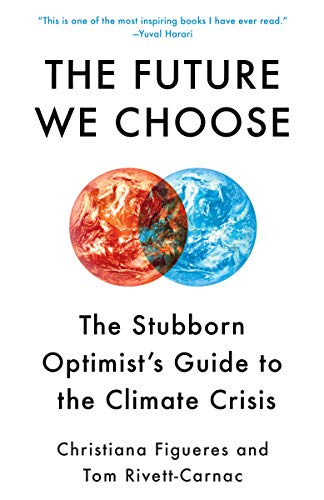Love this simple break-down from Business Insider:

Love this simple break-down from Business Insider:

How can schools, colleges, and universities offer sophisticated, up-to-date, and effective curriculum across diverse disciplines without relying on Publishers? While this is sometimes an informal faculty role (e.g., creating presentations, sharing original research), it is rarely a formal one. Could it be an administrative or library responsibility? Or is it just too hard to pivot away from Publishers?

My current role at Pace University has me thinking about multimodal curriculum on a daily basis. Using Open Education Resources (“OER”) is one response, but it is problematic (or, at least incomplete) in several ways. For one, if institutions rely heavily on open content, how do they distinguish themselves in the marketplace? (Maybe they don’t, but that’s another discussion.) And another issue: what kind of systems are in place to keep underlying resources up to date and accurate? And how are they jig-sawed together into a coherent whole? A university’s response must either be ad hoc, or rely on intermediary companies that prepare and deliver these open resources.
But the obvious alternative to using open educational resources as curriculum is for colleges and universities to produce their own. Assuming faculty have the appropriate expertise, the primary hurdle is the sheer time involved in producing and maintaining content. I think multimedia – and multimodal curriculum – will be the game changer here. I will be writing about new approaches to the development, production, and maintenance of multimodal content in the future.

Meritocracy is a popular nonfiction topic these days, with Sandel’s book published on the heels of Markovits’ 2019’s “The Meritocracy Trap“. Indeed the backlash against so-called elitism gives us a lot to think about.
Reflecting on meritocracy in general (and technocracy in particular), I am reminded of Churchill’s remark that “democracy is the worst form of government – except for all the others that have been tried.”
Sandel outlines some really damning outcomes of the rise of meritocracy and the “rhetoric of rising” in the U.S. For me, foremost on the list is the rising fiscal inequality that benefits from our broad acceptance of meritocracy, and acquiescence to all its forms (e.g., across diverse domains). High academic achievement, he argues, has become a basis of meritocratic hubris. Having rooted itself in our schools and universities, this by-product of education has been cashed out as an all-encompassing ticket to wealth accumulation.
The singularly-American obsession with self-made wealth has fused with academic achievement. This has led to a broad deterioration of our mid-20th century, quasi-egalitarian social fabric – the weakening of our ability to communally value goods that exist apart from academic achievement. But what, we might ask, are those?
Academic achievement has become expansive in an interesting (if confounding) way. Reading, writing, and arithmetic have been foundational to public education for about 150 years. And one might add religion. But the study and practice of the visual arts, music, and athletics have all come under the umbrella of formal education as well, to say nothing of the social sciences and related humanities sub-disciplines. Colleges and universities have become all-encompassing amalgams of evaluation and accreditation. Almost anything humans celebrate as worth doing has been incorporated into the curriculum.
And so, education has become a proxy and a symbol for doing anything seriously. The obvious cause of this is that we are taking our activities seriously: discussing, researching, evaluating, and sharing our actions and beliefs in every domain we can. On the face of it, this seems like a wonderful trend. But Sandel and others have revealed the folly of this path: negative feedback loops. A resentful underclass. A self-assured-yet-neurotic elite. And growing inequality.
What kind of correctives can allow us to keep the benefits of comprehensive education but mitigate the negative outcomes?
As Sandel notes, the so-called liberal elite have promoted the solution of more education for half a century. Higher education for all. Lifelong training (and retraining). Career pathways. But he suggests this path has deepened political divisions by doubling-down on education without improving social and economic outcomes for most. The political and economic problems of the present therefore point us to wealth redistribution as a solution. Notably, the solution of taxing the rich and creating educational opportunities for the poor fits this model perfectly.
If increasing educational opportunities for all is a minimal approach, then the fantasy of a social state is the strong one. But the solution of taxing the rich so as to entirely remove economic inequality clearly collides with our collective “dream” of self-reliance, to say nothing of our collective fantasies about capitalism. This tension arguably forms one of the deepest divisions between “conservative” and “liberal” approaches to governance.
What else can be done? What about the possibilities for reengineering education itself?
There are many visions of education that do not reify the value of grades and ranked outcomes – those special distillations of education that are bound up in capitalist fantasies of competition and financial success. Can we build a new foundation of collaborative action? Can we be guided by vision of collective success and shared outcomes?
To do so would be to embark on a mission to simultaneously recreate constraints for capitalism that betray our shared values that led us to educational excellence in the first place: curiosity, discovery, and knowledge. To do so would be to exit the casino and join cooperative projects. This is happening all around us, of course – the future that’s here, but unequally distributed. If it’s happening both with and without education, how can we shine a stronger light on it? Can we trace it as a solution to our meritocratic ills?
To take this path is a leap of faith. Choosing collective outcomes over individual ones. This chafes with our current capitalist optimism. It presents us with an even greater reckoning:
Can we live under the tyranny of shared endeavors, but still experience freedom as the well-educated wealthy elite now ostensibly enjoy? How long will it take us to reimagine so-called freedom as such?

I’m currently reading and being inspired by The Future We Choose by Christiana Figueres and Tom Rivett-Carnac.
An important theme is that optimism (about the climate crisis or anything else) is a requirement for change, and not (only) a result of progress. Since I find myself too often on the side of pessimism, I need to take in this perspective.
It’s made me think about how the twin themes of optimism and the climate crisis can be adopted into art education at any level. Observing the natural world is a great foundational skill, and adding a layer of communication about environmental change (and conservation!) is a great challenge.
What would you make to promote climate optimism?

As Naomi Klein eloquently states in her book The Shock Doctrine, social and political instability has been used to push anti-government agendas. This has been very bad for liberal democracy in America, especially during the past 40 years. Now, with a global pandemic surging in America, related economic strife, heightened partisan rancor, and an upcoming election that is bound to test our trust of democratic systems, will instability develop into a breakdown of democratic systems? (And would this be the culmination of 40 years of Neoliberalism or the end thereof?)
Discussions about a “Second Civil War” are alarming (to say the least), and appear to be predominantly emanating from so-called “right-wing Bugaboo” movement, fueled by grassroots Qanon conspiracy pushers, big media like Fox News, and the Republican Administration’s blatant promotion of militarism and white, patriarchal nationalism. Add to this America’s nearly 400,000,000 guns in the hands of its citizens, and the idea of “war” suddenly seems more concrete than merely rhetorical.
But is it enough to break down American democracy to the point of irreparable procedural damage?
As I write this, government leaders are listening to epidemiologists (well, not all “leaders”) and “cancelling everything.” This is a prudent course of action, especially while we learn more about the novel coronavirus and gather evidence about COVID-19. Knowing more about how fatal it is will help us all make sound choices about how to proceed from here.
But how cautious are we prepared to be? If, for example, we learn that the fatality rate is lower than currently feared (1-5%), and more closely resembles the seasonal flu (if slightly higher), how will we proceed?
I’ll be looking to leadership by American Governors to make good choices, and hoping they act in coordination with fellow State leaders.
I’ll expect Federal government to make major fiscal missteps that benefit wealthy Americans at the expense of poor Americans. I wish this was not the case, but it is (and racist as well).
I hope Americans will learn to take the public good more seriously in the future, especially with regard to universal healthcare and paid sick leave on par with the world’s most compassionate nations.
And, lastly, I hope we continue to vote out liars, warmongers, and thieves.
Check out Anand Giridharadas’ latest book review in the Times for a great reflection on the hard work on questioning one’s own assumptions.
From an evolutionary perspective, there is a clear reason why animals would seek out information: it can be vital to their survival and reproduction… Another possibility is that evolutionary pressures have made information intrinsically rewarding. – From HuffPost
For educators with an interest in enhancing the truthiness of society, the present is a good time for reflection on gaps between our shared myths and the truth. I’m particularly worried about the negative effects of a myth close to the heart of educators: the idea that humans are naturally curious.
Curiosity is certainly valuable. The article Curiosity is Fleeting, but Teachable by Bryan Goodwin is a nice overview of the relevance of a discussion about curiosity to educators. He summarizes recent research:
A recent meta-analysis concluded that together, effort and curiosity have as much influence on student success as intelligence does (von Stumm, Hell, & Chamorro-Premuzic, 2011). Other studies have linked curiosity to better job performance (Reio & Wiswell, 2000); greater life satisfaction and meaning (Kashdan & Steger, 2007); and even longer lives (Swan & Carmelli, 1996).
But perhaps more troublingly:
The longer children stay in school, the less curiosity they tend to demonstrate (Englehard & Monsaas, 1988).
Psychological research suggests that while humans start life as seemingly curious, environmental influences can diminish it. I think this suggests that we are minimally curious, which should be thought of as closer to information-seeking rather than knowledge-seeking. Information-seeking behavior seems highly related to or plodding around the globe with a focus on survival and reproduction, and may have become part of our nature through the process of natural selection. More information, more survival. Can the same be said for curiosity?
If there is nothing natural about curiosity, then it is a mistake to think that children (or people of any age) are going to be motivated by it. Students might ask about understanding and knowledge: what’s in it for us?
I think the answer has to be, “better tools.” Curiosity, imagination, and understanding are closely linked in the history of tool-making. Approaching curiosity as a learned behavior is a good step toward designing pedagogy to inspire imagination and motivate the process of understanding.
On Monday, POTUS followed a familiar pattern. Upon his apparent exoneration of accusations of treason, he accused his accusers of “treasonous” actions.
President Trump went on the offensive on Monday a day after the special counsel investigation reported no conspiracy with Russia, suggesting that critics who pursued such suspicions were “treasonous,” guilty of “evil things” and should be investigated themselves. – NYT
This action follows his long-standing behavior of accusing his political opponents of having the same deficiencies they attribute to him. In other, the President’s retort is often the schoolyard taunt “no I’m not, but you are.” Is it any wonder he is often accused of behaving like a child?
This “strongman” behavior lacks civility, rationality, and charm while appealing to our cognitive biases—or what we might call our “reflexive pettiness.” Here’s a few examples:
Though subtle, the battery of accusations that flows from the President often lands its intended affect. This seems especially true of his “base,” who generally support his worldview.
To ameliorate these effects of cognitive biases, we can reflect on the motivations behind our perspectives, judgments, and accusations. Are we being fair, just, and unbiased? (Or are we just piling on?)
Disgust with criminals and their crimes is still possible, even in the case of three-star generals:
The judge was not upset only about Mr. Flynn’s sneaky prevarication. He said he felt “disgust” at Mr. Flynn’s offenses, that a retired three-star general would lie to the F.B.I. “while on the physical premises of the White House,” and, acting as an unregistered agent of a foreign country, Turkey, while he was an adviser to Mr. Trump (to which he admitted but was not charged). It was a bracing reminder of the brazenness of his misdeeds and of the standards the public should be able to expect of those who serve them. – The New York Times
What if the change you wanted to see in the world could only be brought about by liars and thieves? What kind of feedback would that be?